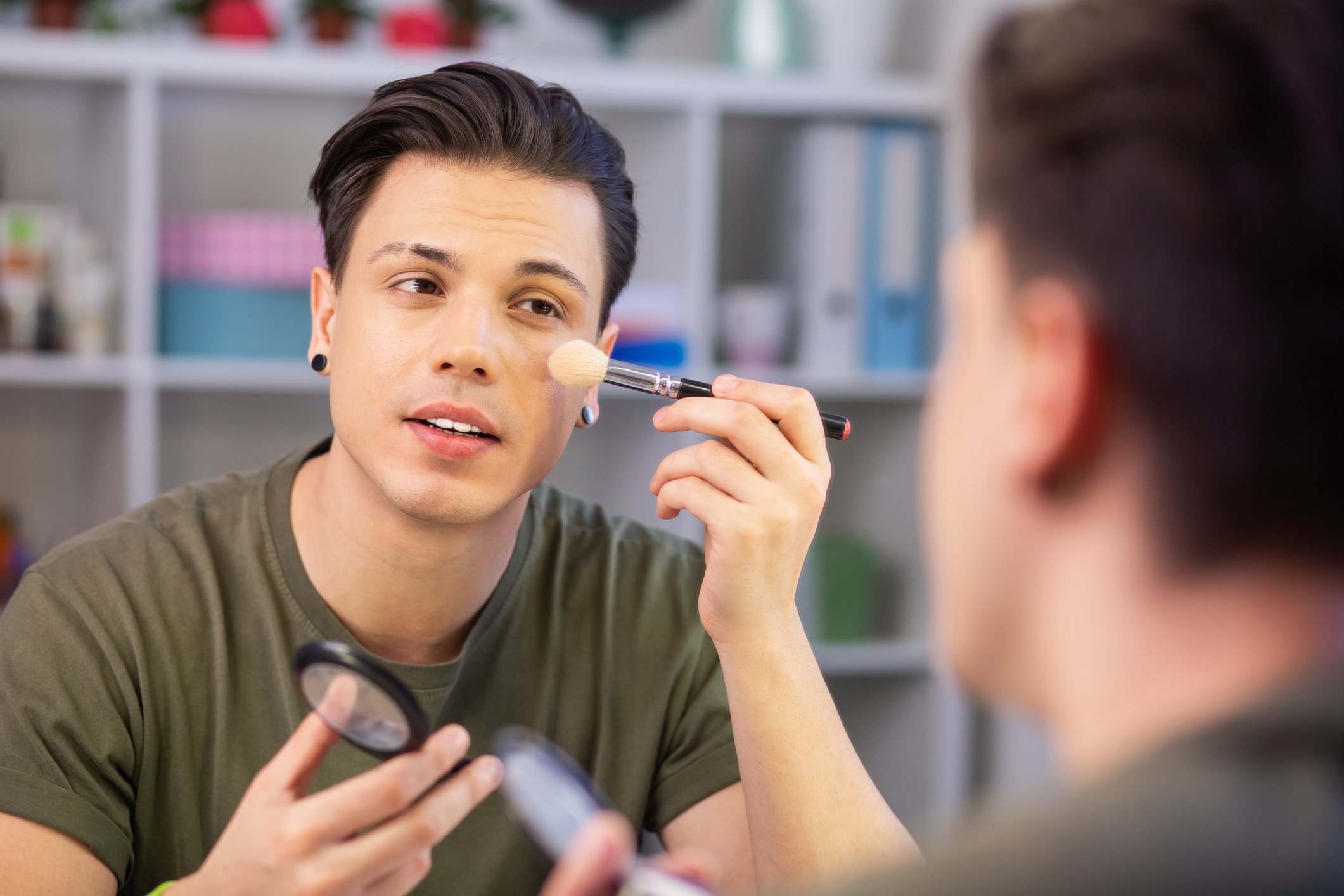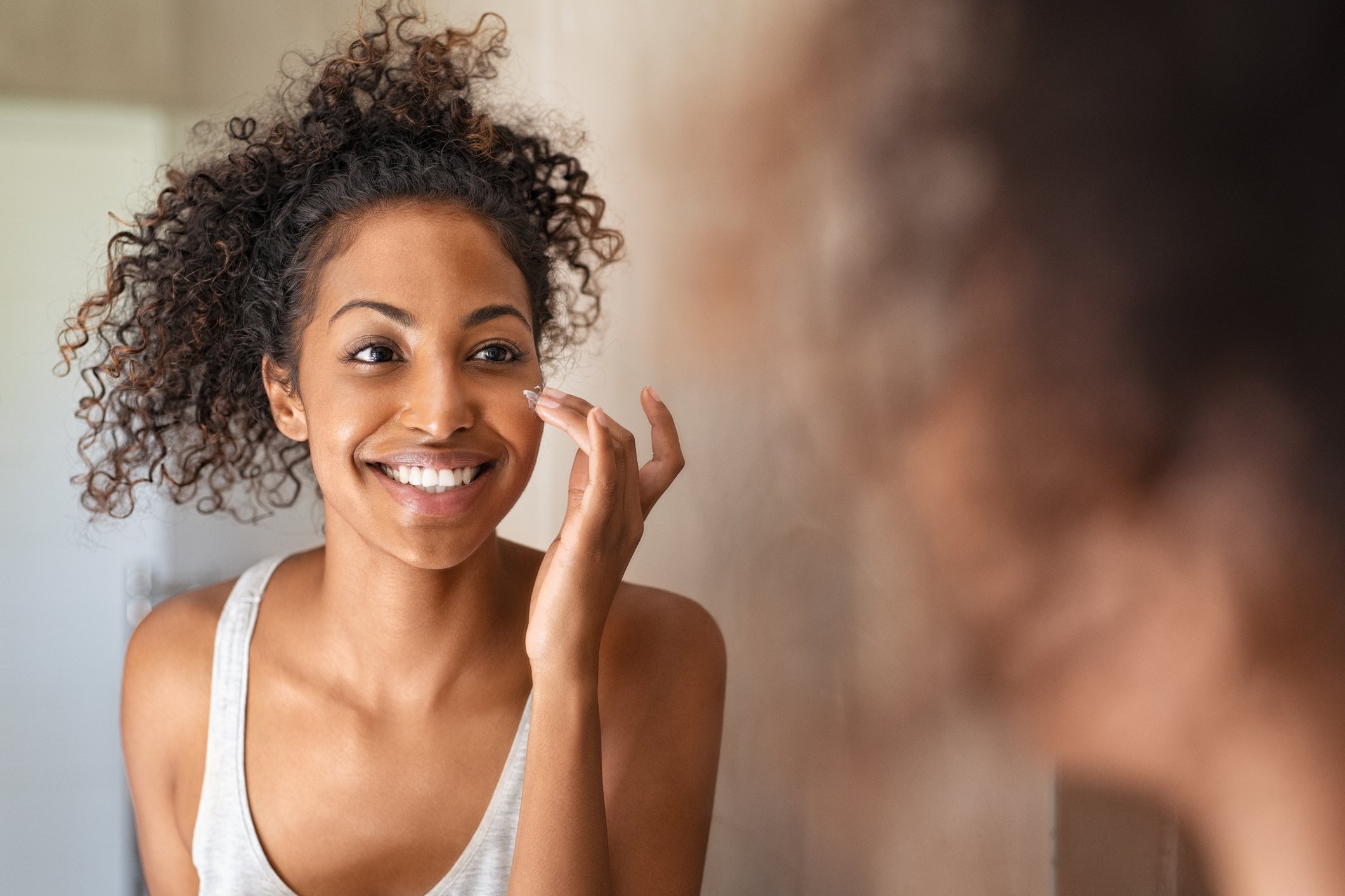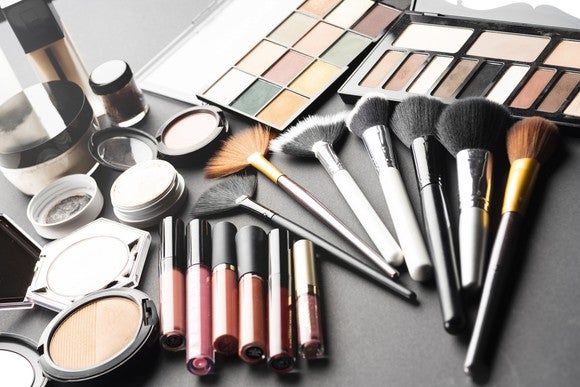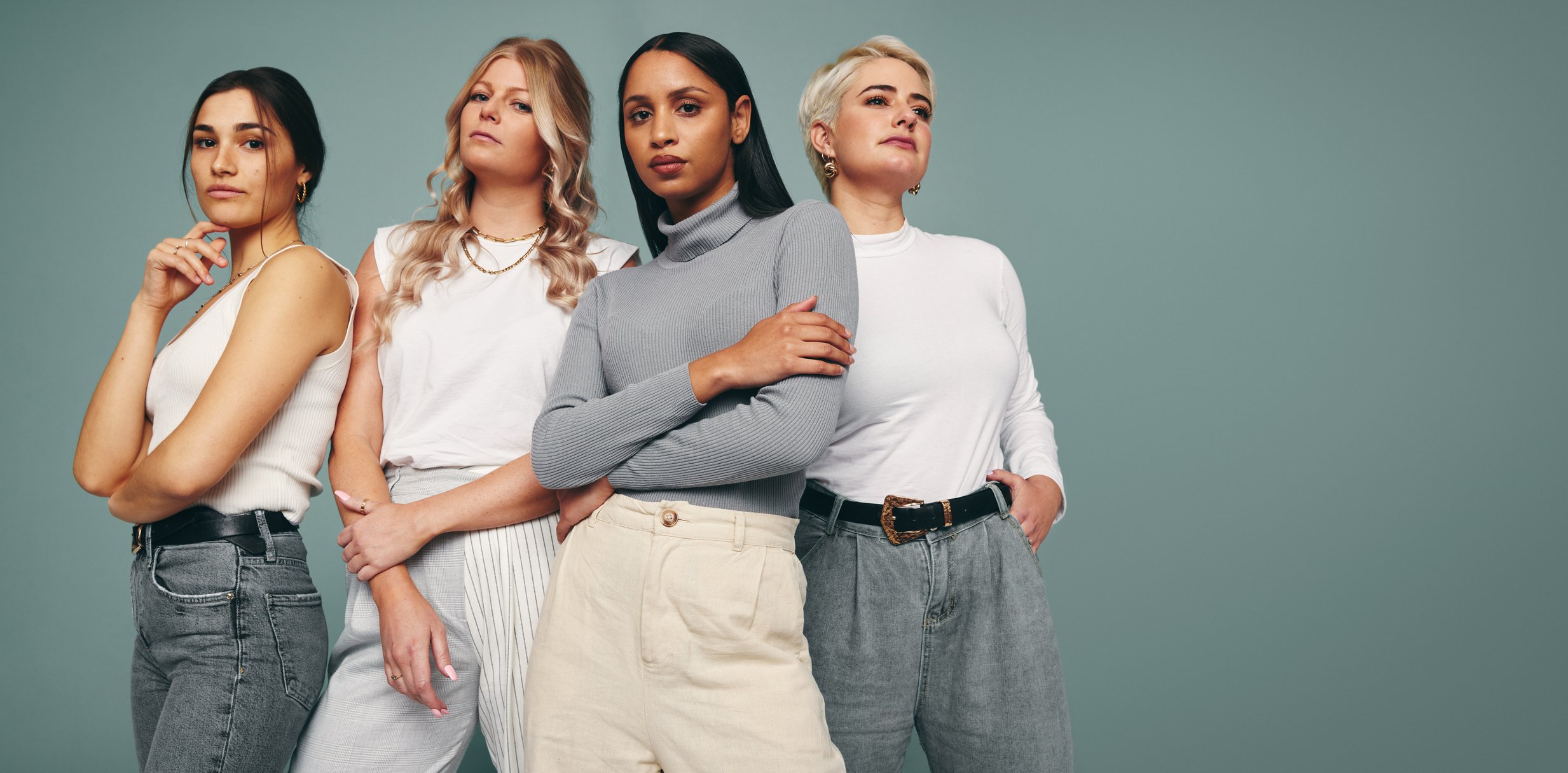Early in 2019, e.l.f. Beauty (ELF 0.40%) responded to the "retail apocalypse" by closing all 22 of its retail stores, laying off about half of its USA workforce in the process. Relying on its online savvy and e-commerce for sales, e.l.f. seems to be running as a profitable enterprise after freeing itself from the ball and chain of physical retail. In fact, four consecutive quarters of growth have made the company optimistic. It raised its guidance for fiscal 2020 in four key measures, though Chinese tariffs and coronavirus still might be a cause for concern.
Shrugging off the chains of physical retail
As part of its Project Unicorn plan to rev up company performance, e.l.f. Beauty closed its 22 retail outlets in February 2019. The company's products continue to appear in brick-and-mortar stores, but only those of retail partners, notably Walmart Inc. (WMT +0.95%), Target (TGT +2.28%), and Ulta Beauty (ULTA +1.06%). Prior to their closure, the stores generated $10.1 million in revenues in 2019, while racking up four-wall expenses (those directly connected to the physical location's operation, like rent and salaries) of $13.7 million.
Besides reliance on retail partners to continue selling its cosmetics, e.l.f. Beauty drives sales both through those partners and via e-commerce using a highly developed social media marketing strategy. Launching hashtag campaigns such as #ElfingAmazing, focusing on fun and exploration rather than traditional beauty to appeal to Millennial buyers, and relying on word-of-mouth among highly networked customers, the company now has 5 million Instagram followers as of Feb. 5, a 27% year over year rise. By calendar 2018, it had already achieved 31 million unique visitors and followers. Visitor figures are not yet available for calendar 2019.

Image source: Getty Images
Optimism at e.l.f. Beauty headquarters
e.l.f.'s Q3 fiscal 2020 report supported the effectiveness of its initiatives, with 8% quarterly growth in net sales representing the fourth quarter in a row of similar growth (though sales growth spiked upward to 11% the previous quarter). The net sales rise of 8% factors out the closed retail stores; with them, sales still rose 3%. Gross margin stood at 65% compared to 60% a year ago.
e.l.f. Beauty's management is highly pleased with the results, revising its company outlook upward based on the reported growth. Its guidance for fiscal 2020 now predicts:
- $274 million-$277 million in net sales, up from $272 million.
- $58 million-$60 million in adjusted EBITDA, up from $52 million-$55 million
- $28 million-$30 million adjusted net income instead of $23 million-$25 million
- $0.55 to $0.59 in adjusted diluted EPS, up from $0.44 to $0.48.
However, to achieve these goals, it still needs to surmount the potential hurdles looming in the country where its cosmetics are manufactured: China.
Will Chinese factors dash e.l.f.'s hopes?
The bitter trade dispute between China and the USA and the COVID-19 coronavirus running rampant in China both seem to potentially threaten e.l.f.'s critical supply chain.
Coronavirus is causing numerous port closures, prompting the authorities to impose curfews and close roads to nonessential traffic, and lock down movement to prevent the potentially fatal virus's spread, especially near Wuhan, the city where the outbreak originated. During the company's Feb. 5 earnings call, CEO Tarang Amin addressed worries about coronavirus' effects by noting that all e.l.f. Beauty facilities in China, including its laboratories, suppliers, and offices, are located a minimum of 500 miles from Wuhan.
Analysts at financial services company Cowen supported Amin's reassurances. Their research note stated that e.l.f. has approximately six months worth of inventory on hand, rendering it relatively immune to coronavirus disruptions for half a year in any case.Additional inventory is already present at retail partners, providing a further buffer.
As for tariffs, although President Trump signed a Phase 1 trade deal with China on Jan. 15, Amin noted that a 25% tariff still applied to 70% of e.l.f. products, while a 7.5% tariff applied to artificial eyelashes and a few other items. However, the company executives participating in the earnings call did not seem concerned about the situation.
e.l.f. Beauty's position going forward looks strong
Despite concerns among shareholders, analysts, and others investing in consumer discretionary stocks about retail problems, coronavirus, and tariffs, e.l.f. Beauty appears to be on track for ongoing success. e.l.f.'s strong emphasis on profitable e-commerce and social media advertising, along with elimination of its own net-loss-generating retail stores, is a major, positive move that is beginning to produce results.
Fears about coronavirus may be chimerical, since the outbreak shows potential signs of dying down, while e.l.f. has a substantial "inventory moat" in case of a sudden flare-up. Tariffs, though present, seem to be an even lesser worry to the company. e.l.f. Beauty appears likely to meet its revised guidance and potentially continue its success streak into fiscal 2021.









